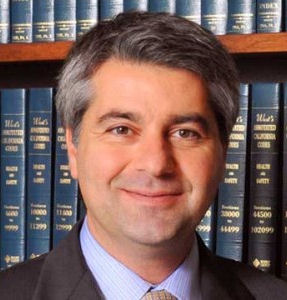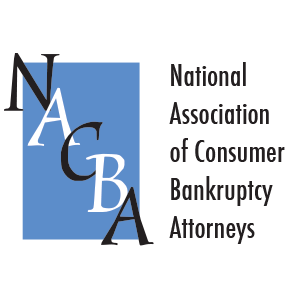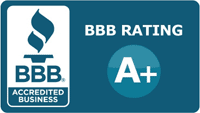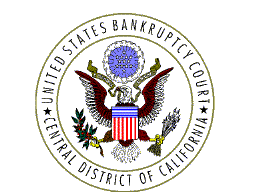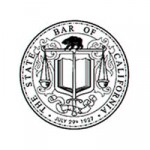The bankruptcy discharge varies depending on the type of case a debtor files: chapter 7, 11, 12, or 13. We will try to answer some basic questions about the bankruptcy discharge that applies to all chapters.
What is a bankruptcy discharge?
A bankruptcy discharge releases the debtor from personal liability for certain specified types of debts. In other words, the debtor is no longer legally required to pay any debts that are discharged. The discharge is a permanent order prohibiting the creditors of the debtor from taking any form of collection action on discharged debts, including legal action and communications with the debtor, such as telephone calls, letters, and personal contacts.
Although a debtor is not personally liable for discharged debts, a valid lien that has not been avoided in the bankruptcy case will remain after the bankruptcy case. Therefore, a secured creditor may enforce the lien to recover the property secured by the lien.
When does the Chapter 7 discharge occur?
In a chapter 7 case the bankruptcy court usually grants the discharge promptly on expiration of the time fixed for filing a complaint objecting to discharge and the time fixed for filing a motion to dismiss the case for substantial abuse. Typically, the chapter 7 discharge occurs about four months after the date the debtor files the petition with the clerk of the bankruptcy court. In chapter 13, the court generally grants the discharge as soon as practicable after the debtor completes all payments under the plan. Since chapter 13 plan may provide for payments to be made over three to five years, the discharge typically occurs about four years after the date of filing.
How does the debtor get a bankruptcy discharge?
Unless there is litigation involving objections to the discharge, the debtor will usually automatically receive a discharge. The notice informs creditors generally that the debts owed to them have been discharged and that they should not attempt any further collection. They are cautioned in the notice that continuing collection efforts could subject them to punishment for contempt.
Are all of the debtor’s debts discharged or only some?
Not all debts are discharged. There are 19 categories of debt excepted from discharge under chapters 7. A more limited list of exceptions applies to cases under chapter 13.
The most common types of nondischargeable debts are certain types of tax claims, debts not set forth by the debtor on the lists and schedules the debtor must file with the court, debts for spousal or child support or alimony, debts for willful and malicious injuries to person or property, debts to governmental units for fines and penalties, debts for most government funded or guaranteed educational loans or benefit overpayments, debts for personal injury caused by the debtor’s operation of a motor vehicle while intoxicated, debts owed to certain tax-advantaged retirement plans, and debts for certain condominium or cooperative housing fees.
Does the debtor have the right to a bankruptcy discharge or can creditors object to the discharge?
In chapter 7 cases, the debtor does not have an absolute right to a discharge. An objection to the debtor’s discharge may be filed by a creditor, by the trustee in the case, or by the U.S. trustee. Creditors receive a notice shortly after the case is filed that sets forth much important information, including the deadline for objecting to the discharge. To object to the debtor’s discharge, a creditor must file a complaint in the bankruptcy court before the deadline set out in the notice. Filing a complaint starts a lawsuit referred to in bankruptcy as an “adversary proceeding.”
In chapter 13 cases, the debtor is usually entitled to a discharge upon completion of all payments under the plan.
Can the bankruptcy discharge be revoked?
The court may revoke a discharge under certain circumstances. For example, a trustee, creditor, or the U.S. trustee may request that the court revoke the debtor’s discharge in a chapter 7 case based on allegations that the debtor: obtained the discharge fraudulently; failed to disclose the fact that he or she acquired or became entitled to acquire property that would constitute property of the bankruptcy estate; committed one of several acts of impropriety described in section 727(a)(6) of the Bankruptcy Code; or failed to explain any misstatements discovered in an audit of the case or fails to provide documents or information requested in an audit of the case. Typically, a request to revoke the debtor’s discharge must be filed within one year of the discharge or, in some cases, before the date that the case is closed. The court will decide whether such allegations are true and, if so, whether to revoke the discharge.
May the debtor pay a discharged debt after the bankruptcy case has been concluded?
A debtor who has received a discharge may voluntarily repay any discharged debt. A debtor may repay a discharged debt even though it can no longer be legally enforced. Sometimes a debtor agrees to repay a debt because it is owed to a family member or because it represents an obligation to an individual for whom the debtor’s reputation is important, such as a family doctor.
